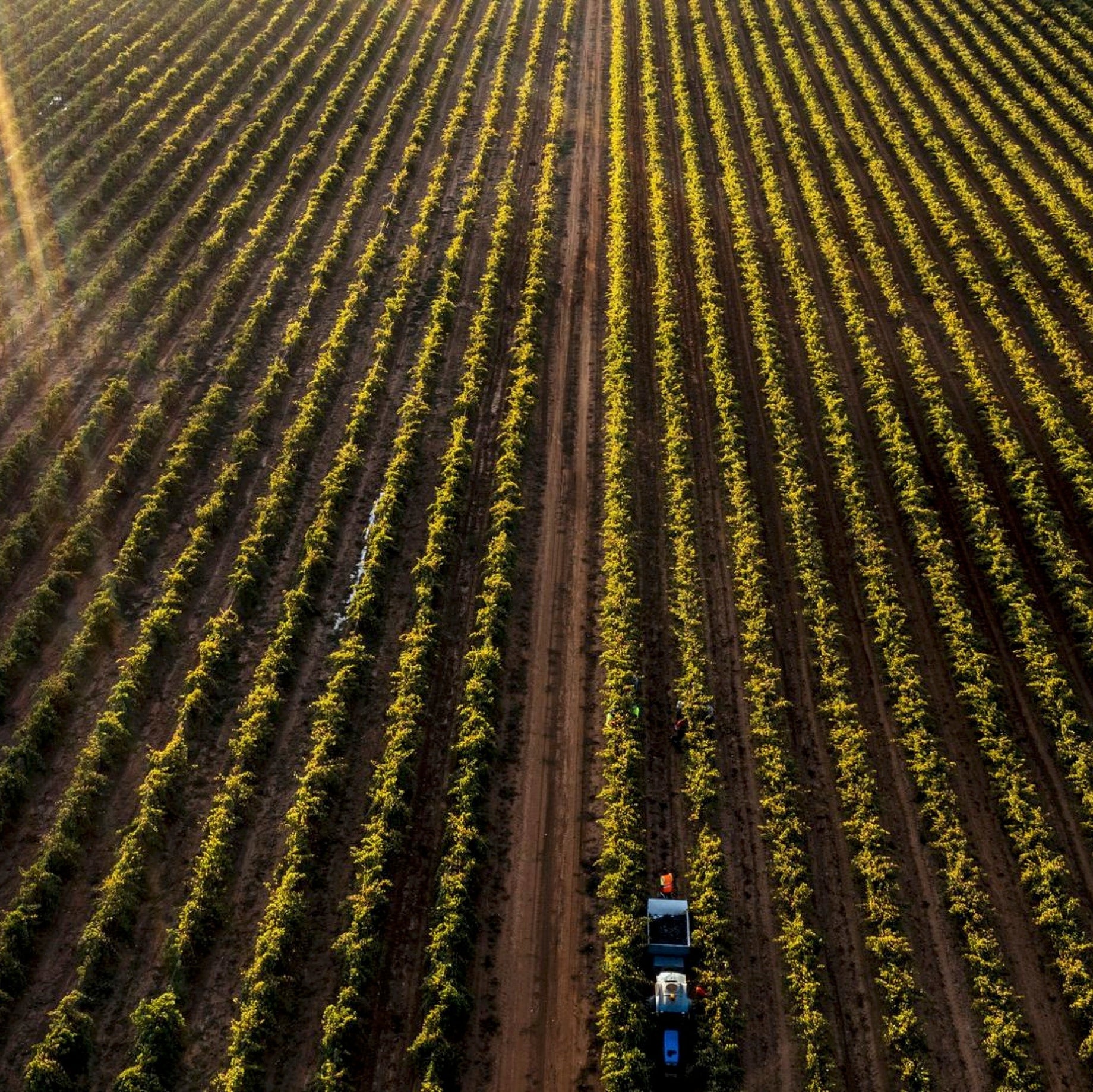Vegan Wines Organic Wines
Exploring Vegan and Organic Wines: A Guide to Certification and Biodynamic Practices in Australia
As consumers become increasingly conscious of the ethical and environmental impacts of their purchases, the demand for vegan and organic wines has grown significantly. But what exactly makes a wine vegan or organic? How do you know if a wine is certified organic in Australia, and what are biodynamic wines? In this guide, we’ll explore these concepts and help you find wines that align with your values.
What Is Vegan Wine?
Vegan wine refers to wines that have been made without the use of animal-derived fining agents, which are often used to remove unwanted particles and clarify the wine. Traditionally, substances such as egg whites, fish bladders (isinglass), or casein (a milk protein) have been used in the fining process. In vegan wines, winemakers use alternatives like bentonite (a type of clay), activated charcoal, or pea protein to achieve the same results without animal products.
At Wine Simple, we offer a selection of vegan wines that are not only cruelty-free but also crafted with the same attention to quality and flavour as any traditional wine.
What Is Organic Wine?
Organic wine refers to wine made from grapes grown without synthetic pesticides, herbicides, or chemical fertilisers. Organic viticulture focuses on maintaining soil health, using natural composting methods, and promoting biodiversity in the vineyard.
In Australia, for a wine to be labelled as certified organic, it must undergo a rigorous certification process. The vineyard must comply with strict guidelines set by accredited bodies such as Australian Certified Organic (ACO) or NASAA Certified Organic (NCO). These organisations ensure that the entire winemaking process, from growing the grapes to bottling the wine, adheres to organic principles.
How Does Organic Wine Certification Work in Australia?
To gain certification in Australia, winemakers must follow a set of detailed requirements that ensure their practices are truly organic. The certification process typically involves:
- Organic Farming Practices: The vineyard must refrain from using synthetic chemicals, including pesticides, herbicides, and fertilisers, for a minimum of three years before certification.
- Soil Health: Winemakers must focus on enhancing the health of the soil through natural means such as composting, cover cropping, and promoting biodiversity.
- Chemical-Free Processing: The winemaking process itself must avoid the use of artificial additives, with restrictions on preservatives like sulphur dioxide.
The certification process is regularly audited to ensure ongoing compliance, and winemakers are required to submit detailed records of their practices. Wines that meet the criteria can display a certification label, assuring consumers that the wine is authentically organic.
Biodynamic Wine: Taking Organics a Step Further
Biodynamic wines take organic principles to another level by incorporating holistic and spiritual farming methods. Based on the ideas of Austrian philosopher Rudolf Steiner, biodynamic agriculture views the vineyard as a self-sustaining ecosystem, where the health of the soil, plants, animals, and environment are interconnected.
In biodynamic viticulture, winemakers use organic farming methods but also follow a specific lunar and cosmic calendar to determine planting, pruning, and harvesting times. Additionally, biodynamic vineyards may use special preparations, such as herbal composts or fermented manure, to enhance soil vitality and plant health.
Although biodynamic practices might sound unconventional, many winemakers and consumers believe that they produce wines with a distinctive sense of place and superior quality. Some of the world’s most renowned wineries, including Henschke and Shaw and Smith, have adopted biodynamic practices, producing wines that reflect their terroir and the health of their vineyards.
Finding Vegan, Organic, and Biodynamic Wines
At Wine Simple, we are committed to offering a selection of wines that reflect the best of sustainable and ethical winemaking. Some of the standout vegan, organic, and biodynamic wines in our collection include:
- Sub Rosa Rosé – This refreshing Rosé is crafted with a commitment to sustainable and organic farming practices, making it a perfect choice for eco-conscious wine lovers.
- Henschke Tappa Pass Shiraz – One of Australia’s most iconic biodynamic producers, Henschke is known for its sustainable practices and exceptional wines.
- Shaw and Smith Sauvignon Blanc – Shaw and Smith’s dedication to both organic and biodynamic principles has made their wines a favourite among those seeking natural, high-quality products.
Conclusion
As the demand for ethical and sustainable products grows, vegan, organic, and biodynamic wines are becoming increasingly popular in Australia. Whether you're passionate about animal welfare, environmental sustainability, or simply want to enjoy a wine that’s free from artificial chemicals, these wines offer a fantastic option.
By understanding the certification process for organic wines and the principles behind biodynamic viticulture, you can make informed choices when selecting wines that align with your values. Explore our collection of vegan, organic, and biodynamic wines at Wine Simple and enjoy premium-quality wines that reflect both nature and craftsmanship.







